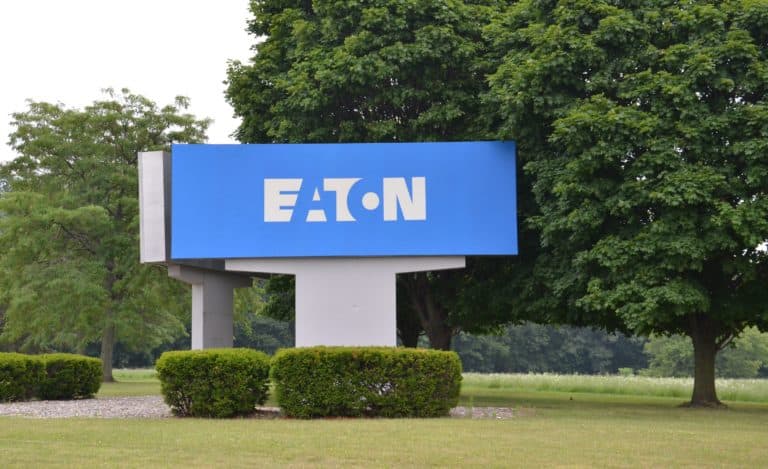Eaton announces that its Gigabit Network Card is opening up new opportunities. The company states that the UL 2900-2-2 compliant card will now support three-phase systems in addition to single-phase UPSs.
The systems supported are 93PM, 93PS, 91PS and 9PHD. New features and connectivity protocols have also been added to support large data centers and industrial use. The Eaton UPS Gigabit Network Card connects UPSs to a network. In this way, effective monitoring and control of energy management and of virtualised networks can be arranged.
“Since the introduction of Eaton’s Gigabit Network Card just over six months ago, there has been a phenomenal response in the industry,” says Ingmar de Winter, Product Manager at Eaton. “The network cards fulfill a strong need for advanced security of the connected UPS networks. Thanks to the latest additions, IT and facility managers can now use the same network cards for both single-phase and three-phase UPS systems. This will simplify the management and monitoring of these systems and ultimately increase the effectiveness of cybersecurity”.
Improvements in cyber security include enhanced encryption, configurable password policies, signed firmware packages and signed digital certificates that are used. In addition, IT managers can receive notifications of login activities on any map, and monitor these activities centrally. This is due to the syslog functionality of the map. In this way, suspicious activities can be identified and reported at an earlier stage, which means an expansion of cyber security.
Also new card for larger workloads
In addition to the new Gigabit network card, Eaton also introduces the industrial Gateway card, which is suitable for industrial workloads and data centres. This new board enhances UPS protection through real-time monitoring of the UPS system, and the system environment, via a Building Management System (BMS) or Industrial Automation System (IAS). With this card facility managers can monitor the status of the UPS, the quality of the power supply, the temperature and the moisture content within the UPS network. This means that there is an early warning of possible threats.
